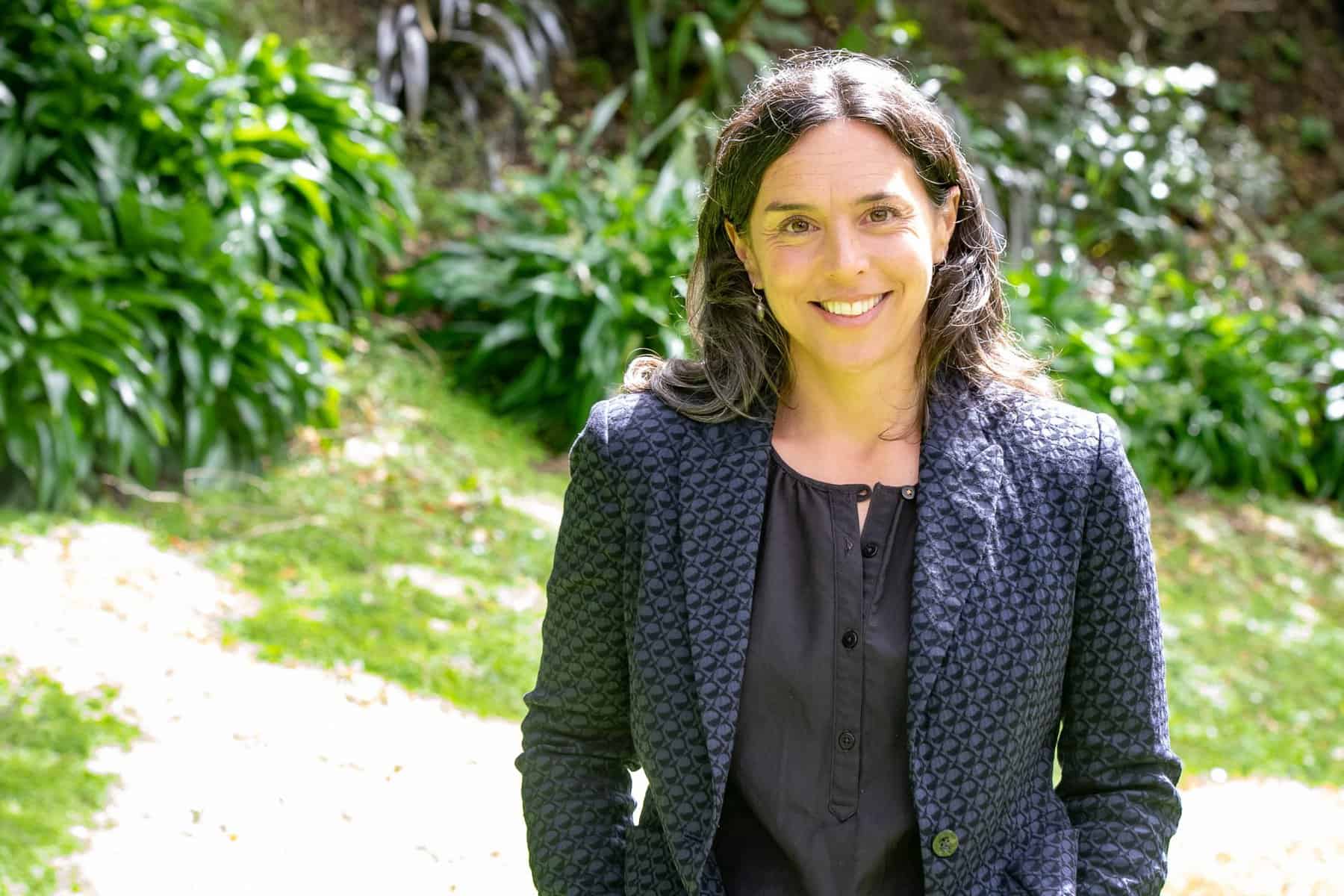The Government announced a review of New Zealand’s electoral law last year. The aim of the review is to make election rules clearer and fairer, to build more trust in the system and to better support people in exercising their democratic right to vote. To accomplish this aim, there will be a broad review led by an independent panel, which is expected to be completed in the next 18 months. Separately, Justice Minister Kris Faafoi is proposing targeted changes to be made ahead of the 2023 General Election.
Minister Faafoi announced in late May the appointments to the independent panel. One of those appointed is our very own Dr Maria Bargh (Te Arawa, Ngāti Awa). Maria is an Associate Professor at Te Herenga Waka — Victoria University of Wellington, the former head of Te Kawa a Māui – School of Māori Studies, and a co-lead of the BioHeritage Adaptive Governance and Policy programme, which tackles the ways in which governance and policy need to change to better protect te taiao (the environment).
Her research interests focus on Māori politics, including constitutional change and Māori representation, voting in local and general elections, and Māori resource management economy, including renewable energy, freshwater, mining and biodiversity. She is also active in providing commentaries to the media and community groups about elections, Māori politics and issues around Māori rights.
The independent panel will be chaired by Deborah Hart and Maria will be serving as deputy chair. Other panel members include Professor Andrew Geddis, Alice Mander, Robert Peden and Dr Lara Greaves. The independent panel’s final report is expected by the end of 2023.
We look forward with anticipation to the outcome of the review and the insight it will bring to ensuring that our electoral system is fair, accessible and trusted by our diverse people.
